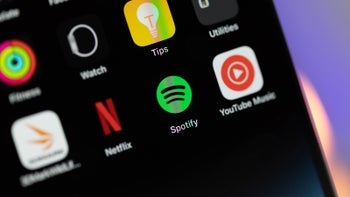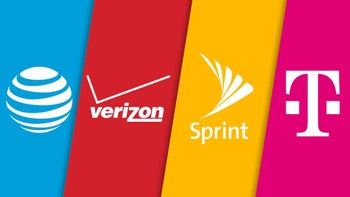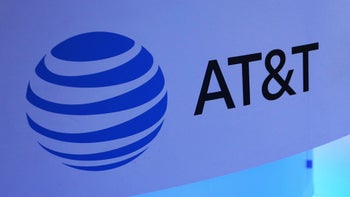Under-the-radar agreement with Google let Spotify avoid Android’s app store charges

Earlier this month, the second trial of Epic v. Google kicked off. Epic Games, the brains behind Fortnite, is suing Google, claiming that the tech giant is offering substantial sums to big developers to persuade them to keep their apps on the Play Store. As the trial unfolds, it has come to light that Google proposed $147 million to Epic Games for the launch of Fortnite on the Play Store, and now, more intriguing details are emerging in the courtroom.
According to The Verge, recent testimony in the Epic v. Google trial reveals a unique and exceptionally generous deal between music streaming service Spotify and Google for Android-based payments.
During the trial, Don Harrison, Google's head of global partnerships, confirmed that Spotify paid a 0 percent commission when users opted to purchase subscriptions through Spotify’s own system. If users chose Google as their payment processor, Spotify handed over 4 percent, a significant deviation from the standard 15 percent fee.
Google fought to keep Spotify's numbers private during its antitrust battle with Epic, arguing that disclosing such details could impact negotiations with other app developers seeking more favorable rates.
Harrison justified the unique deal with Spotify, citing the music streaming service's "unprecedented" popularity as the reason to strike a "bespoke" deal. He testified, "If we don’t have Spotify working seamlessly across Play services and core services, people will not buy Android phones."
In response to The Verge, Google acknowledged Harrison’s testimony in a statement. Spokesperson Dan Jackson explained, “A small number of developers that invest more directly in Android and Play may have different service fees as part of a broader partnership that includes substantial financial investments and product integrations across different form factors.”
Google, however, did not disclose the names of other developers benefiting from more favorable rates. During the trial, it was revealed that Google offered Netflix a discounted rate of 10 percent, which the streaming giant declined.
In the past, Spotify has been vocal about its grievances with in-app purchase fees. For example, the Swedish company recently reiterated its opposition to Apple’s App Store policies, accusing the Cupertino-based company of unfair practices.
During the trial, Don Harrison, Google's head of global partnerships, confirmed that Spotify paid a 0 percent commission when users opted to purchase subscriptions through Spotify’s own system. If users chose Google as their payment processor, Spotify handed over 4 percent, a significant deviation from the standard 15 percent fee.
Google's User Choice Billing program, initiated in 2022, reduces the Play Store commission by about 4 percent for developers using their payment system. This brings Google’s 15 percent subscription service fee to around 11 percent. However, the actual cost savings for developers are often minimal, as they bear the payment processing expenses.
Google fought to keep Spotify's numbers private during its antitrust battle with Epic, arguing that disclosing such details could impact negotiations with other app developers seeking more favorable rates.
Harrison justified the unique deal with Spotify, citing the music streaming service's "unprecedented" popularity as the reason to strike a "bespoke" deal. He testified, "If we don’t have Spotify working seamlessly across Play services and core services, people will not buy Android phones."
In response to The Verge, Google acknowledged Harrison’s testimony in a statement. Spokesperson Dan Jackson explained, “A small number of developers that invest more directly in Android and Play may have different service fees as part of a broader partnership that includes substantial financial investments and product integrations across different form factors.”
In the past, Spotify has been vocal about its grievances with in-app purchase fees. For example, the Swedish company recently reiterated its opposition to Apple’s App Store policies, accusing the Cupertino-based company of unfair practices.












Things that are NOT allowed: